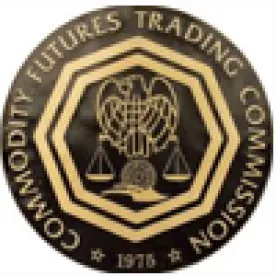On September 16, Judge Paul L. Friedman of the US District Court for the District of Columbia denied a challenge to the extraterritorial application of certain Commodity Futures Trading Commission rules promulgated under Title VII of the Dodd-Frank Wall Street Reform and Consumer Protection Act (Title VII Rules), and the CFTC’s Interpretive Guidance and Policy Statement Regarding Compliance with Certain Swap Regulations (Cross-Border Guidance), in which the CFTC articulated its intentions regarding the extraterritorial application of the Title VII Rules. The complaint filed by the Securities Industry and Financial Markets Association, International Swaps and Derivatives Association, and Institute of International bankers (collectively, Plaintiffs) alleged, inter alia, that the CFTC violated the notice-and-comment requirements of the Administrative Procedure Act (APA) and the cost-benefit analysis requirements of the Commodity Exchange Act in promulgating the Title VII Rules and the Cross-Border Guidance. Plaintiffs sought a declaratory judgment that the Title VII Rules and Cross-Border Guidance were procedurally and substantively infirm, and requested that the court vacate the Cross-Border Guidance and Title VII Rules to the extent of their extraterritorial application.The District Court accepted the CFTC’s view that nothing in the Cross-Border Guidance created new obligations or made substantive changes to existing law. The District Court characterized the Cross-Border Guidance as a non-binding policy statement and interpretive rule that was not, in the absence of CFTC action to enforce the Cross-Border Guidance, “final agency action” subject to review under the APA. The District Court also held that the Plaintiffs did not have standing to challenge the CFTC’s “made available to trade” (MAT) rules, which require that swaps that are MAT be traded only on a CFTC-registered swap execution facility (SEF) or designated contract market because the Plaintiffs failed to demonstrate how the MAT rules harm any members of their organizations that might otherwise have standing to challenge the CFTC directly.
In addressing the remaining Title VII Rules, the District Court found that the CFTC had not adequately performed a cost-benefit analysis with respect to the cross-border application of the following CFTC regulations: Part 43 (real time reporting), Part 45 (swap data reporting), Part 46 historical swap data reporting, swap dealer (SD) and major swap participant (MSP) registration, the SD and MSP definitions, SD and futures commission merchant internal business conduct requirements, SD portfolio reconciliation and documentation, and SEF registration. The District Court stated that the CFTC must “consider” and “evaluate” the costs of each rule, but could do so by specifying which costs and benefits in its previously conducted analyses apply to the extraterritorial application of each of those rules. Because the CFTC’s error was one of form and not substance, the District Court remanded to the CFTC for further cost-benefit analysis but did not vacate those rules.
The District Court’s opinion is available here.



 />i
/>i

